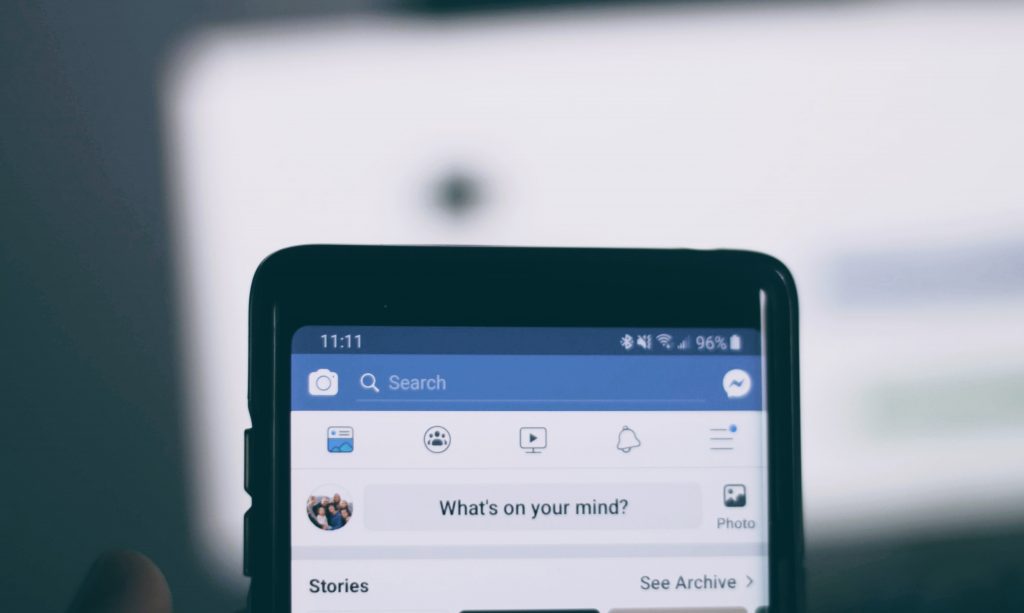Around 16 years ago, Facebook came to our lives to revolutionize the world of social media. Throughout the years, Facebook has gone through many changes as it has adapted to its consumers’ needs and at the same time has helped dictate the future of digital world. This year marks the beginning of a fifth redesign to the platform, also known as FB5, and we’re excited to see how Facebook will present itself upon the current digital climate. This is what we can expect from Facebook in 2020.

Facebook will continue to prioritize privacy and transparency.
After a long season full of scandals regarding privacy and transparency, Facebook is trying to do some damage control by fostering a sense of privacy for its users and their data. This will take place in two ways that will affect the way in which we communicate, as well as the amount of data available for advertisers to target their audiences for their campaigns on the social media platform.
This year we can see how Facebook will continue to give its users more control over their data by launching Off-Facebook Activity. This tool offers users one single place where they can see a summary of their activity outside of Facebook that generates a data trail that other businesses later share with Facebook. This data is then linked to the user’s respective Facebook profile. Thanks to this new tool it will now be possible to unlink outsider data to Facebook profiles. We will also be able to see how Facebook prioritizes private channels of communication such as Messenger, WhatsApp, and private groups.
By focusing on private channels of communication within the platform, Facebook has been able to also foster a sense of community within its audience. Because of this, private groups will be the center of the FB5 redesign. Since each group has its own diverse needs, Facebook will also be working on developing community specific tools. For example, its reported that Facebook is testing an anonymous submission tool for health related communities that deal with more sensitive and personal topics.
While privacy control will present many benefits for the Facebook community, this will present new challenges for digital marketers since it limits the data available used to create accurately targeted ads. Additionally, it will be necessary to focus and improve the methods used to reach audiences through these new private channels of communication.
More desktop features available
Even though the use of mobile devices is steadily increasing, it does not mean that desktop features and tools should be neglected. On the contrary, Facebook is looking to make desktop versions of its apps and tools available for its users, specifically those of a direct messaging nature. This is on par with its mission to prioritize private means of communication. Facebook has already begun testing a desktop app for Facebook Messenger. It also recently announced that Instagram will begin to test Direct Messages on web pages for desktop use.

More emphasis on diverse ad formats
Static ads are old news. With the development of new tools and technologies like Stories and AR, the ad game is definitely changing and Facebook is refusing to be left behind. These new dynamic ad formats are becoming increasingly since it increases engagement between the brand and the consumer, and therefore have a bigger impact amongst audiences. According to Hootsuite, after a series of studies conducted by Facebook, 5 out of 9 studies resulted in brand awareness with dynamic ads versus video ads. This year we will be able to see more diversity in these formats as Facebook expands its portfolio to include more videogames and filter formats.
source: blog.hootsuite.com

